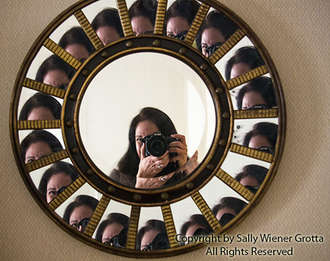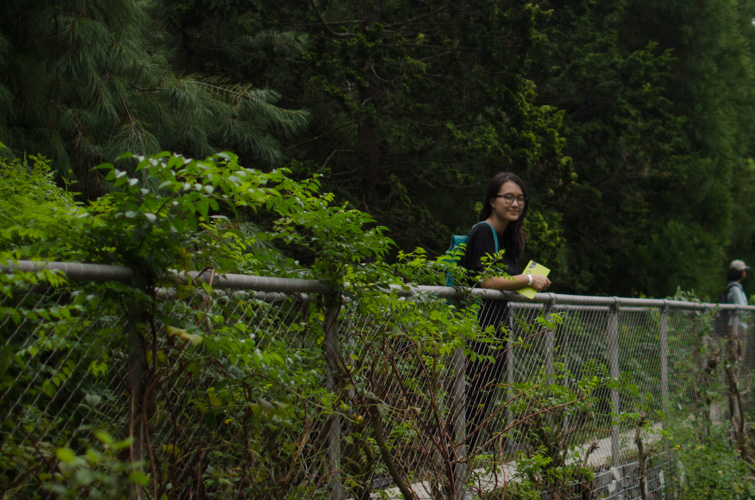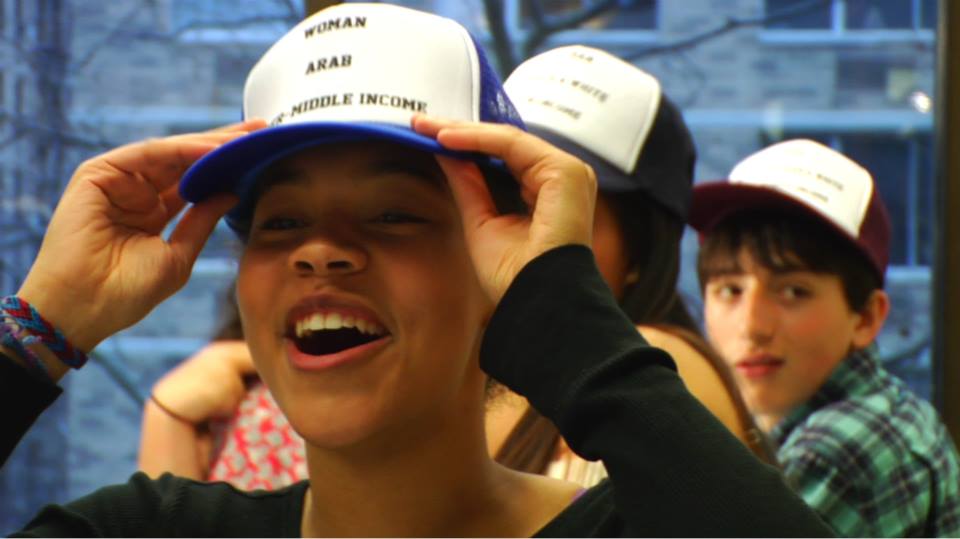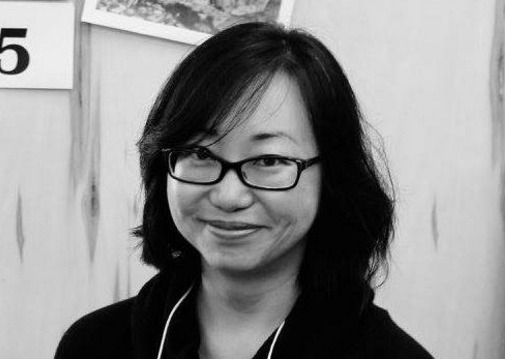A recent Anisfield-Wolf blog post asked, “What Biases Are You Carrying?” In the blog, Attorney Louise P. Dempsey used the following riddle as part of a lunch talk:
A man and his son were in a car accident. The critically injured man had to be helicoptered to the hospital. His son was rushed by ambulance to the same hospital. When the boy was wheeled into emergency surgery, the surgeon looked at him and said, “I can’t operate. This is my son.”
The blog then asked the question, “How is this possible?”
If you haven’t heard that anecdotal test before, consider your answer for a few moments before continuing to read.
I’ve seen the riddle before. So, I knew the answer. Of course, the surgeon was his mother. But even steadfast feminists (including Dempsey) have been known to not get the answer right away.
Though my previous knowledge of the answer invalidated the test for me, I can’t pretend that I am that of that very rare (probably non-existent) breed that has no bias. My comment on the Anisfeld-Wolf blog was, “Prejudice and bias is human nature. How we handle it in our lives is a measure of our commitment to a just, balanced human society.”
People are tribal by nature. We’re comfortable with what we know, and tend to prefer being with people similar to ourselves. Like most folks, I feel awkward whenever I’m thrown into a crowd of strangers. If those strangers are heavily tattooed and pierced, or particularly raucous, or sporting t-shirts with “offensive” slogans, I really don’t know how to relate to them. I assume from their appearance that whatever I would want to talk about would be far beyond their experience or interest. And that is my loss, because I miss the opportunity to learn from them, have fun with them, and thereby experience a wider perspective of our human existence.
But prejudice is a two-way street. I’m sure those tattooed rowdies would rather I simply stayed away rather than invade their space.
Remaining enclosed in our safe tribal circles is like staring in a mirror. Nothing much changes in our reflection, other than the slight variations of age and circumstances. Without the stimulation of contrary discussions or new perspectives, we become staid, unable to synthesize new thoughts. Living only in the status quo is bad for us personally, as well as economically, scientifically and societally. We need strangers and their fresh interpretations to generate new ideas and instigate growth. But turning our gaze outward, beyond the closed doors of our personal circles, can be frightening. Not only for the strangeness of the experience, but because we may be rebuffed — or worse — by those strangers we are attempting to approach.
Fear of the unknown, fear of being hurt, of being on the receiving end of prejudice, often keeps us in our place. Victims of bias and prejudice, in turn, can become biased and prejudiced about “those others” – anyone similar to the perpetrators of their pain or shame. But you don’t have to have personally experienced hatred or unkindness to buy into the escalating cycle of bias begetting bias, leading to prejudice, devolving into bigotry and cruelty. Consider those raucous tattooed biker-types I mentioned above. My discomfort with them is founded not only on their strangeness to me, but on oft-circulated stereotypes of “those kind of people” being foul-mouthed bullies and even physically violent.
As our communities become more diverse, we have increasing opportunities to either burrow into our safe habitats, lashing out periodically in fear at strangers who dare to invade our world, or we can reach beyond ourselves to discover new ideas, new hopes, new friends.
No, we cannot free our inner thoughts or instincts from inherent bias. But if we keep a national conversation open and talk honestly with each other, if we restrain ourselves from being mesmerized by our own reflections and seek to know, understand, learn from strangers, we can make our world something much greater than a collection of loosely connected, mutually distrustful tribes.
This post originally appeared on Grotta.net. Republished with permission. Sally Wiener Grotta’s new novel, Jo Joe, challenges readers to consider the sources and painful ramifications of prejudice, bias, and preconceptions.




